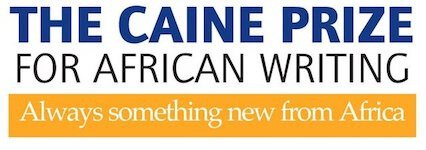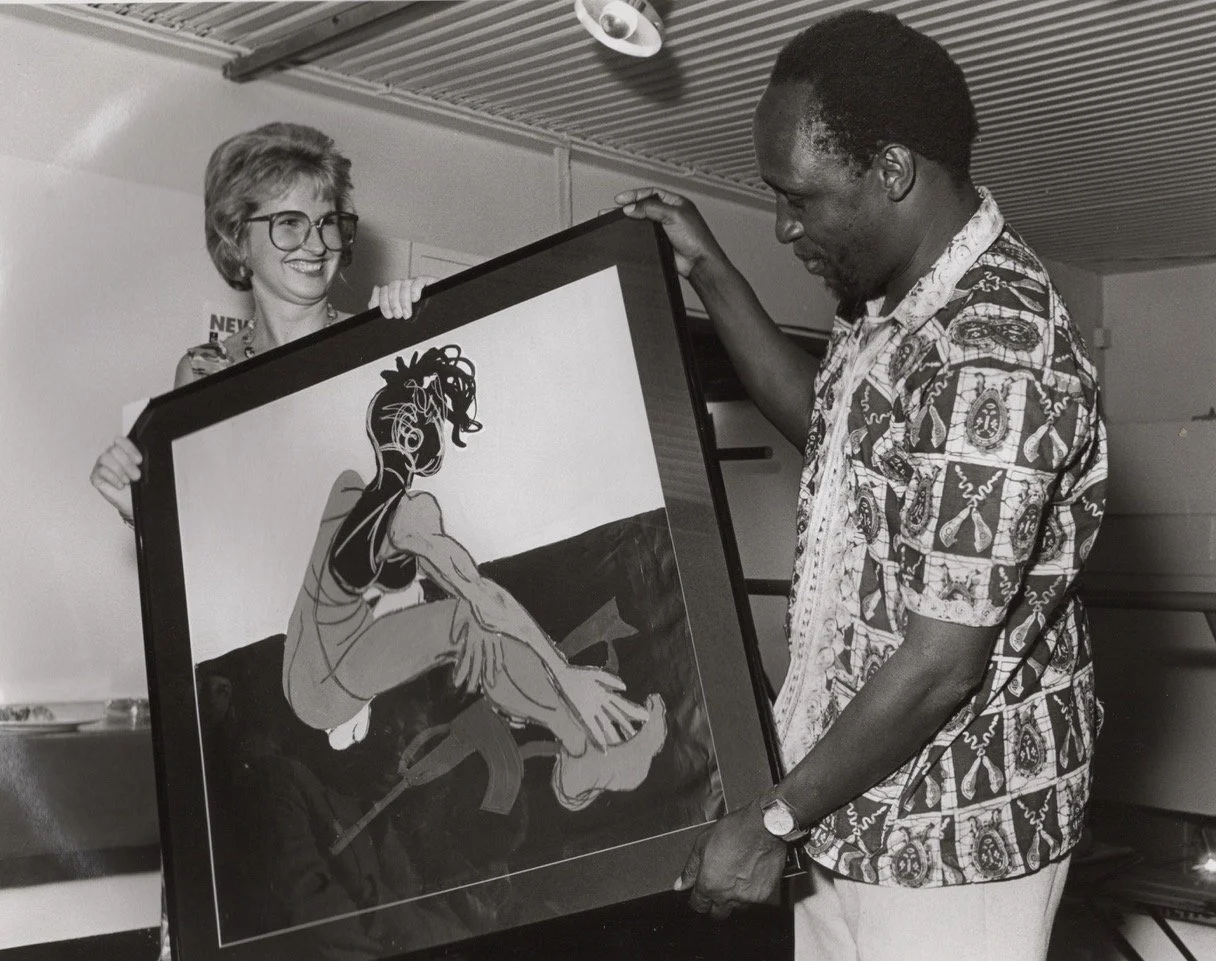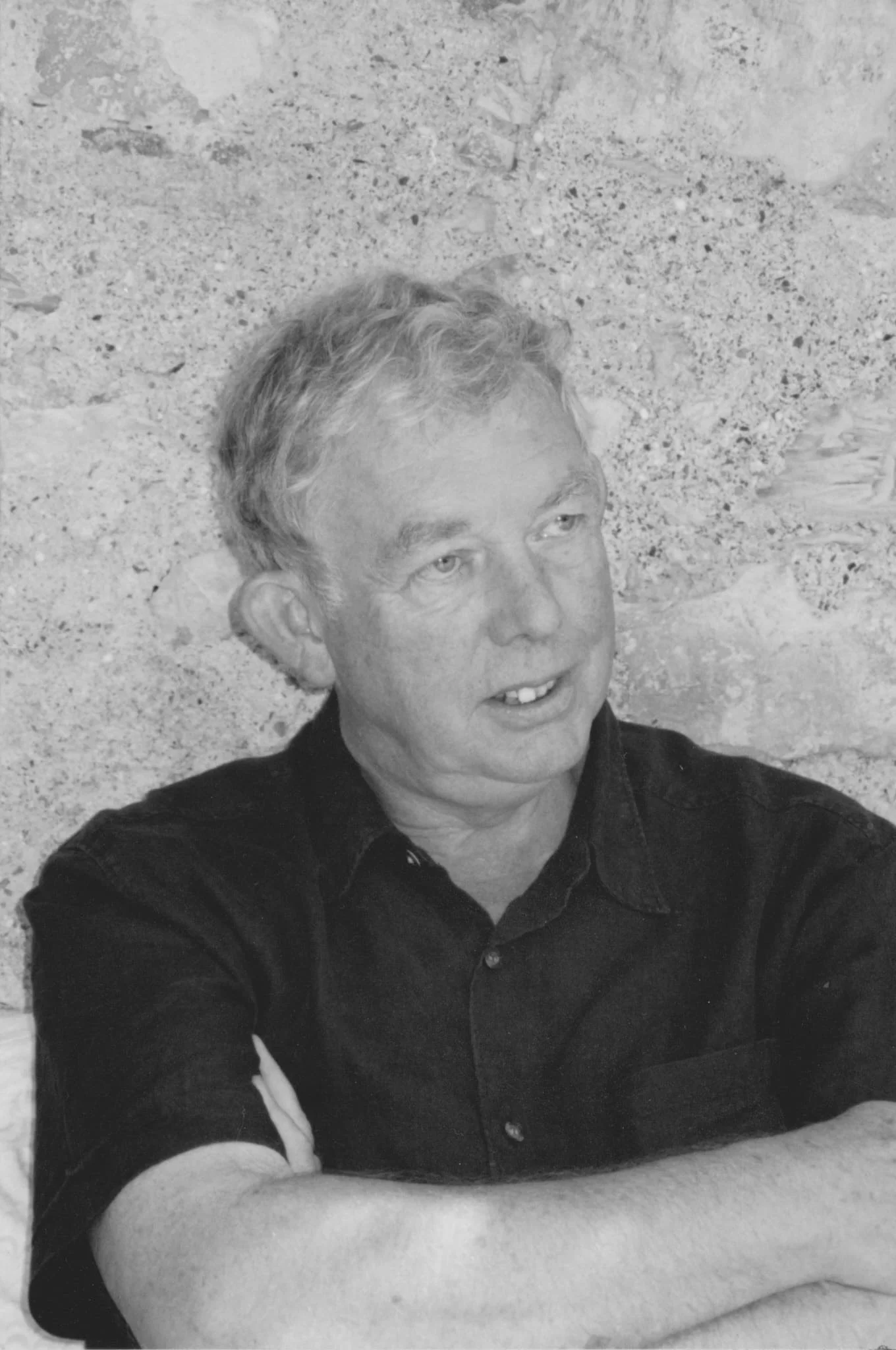I'd spent most of the autumn looking forward to volunteering at TEDxEuston on Saturday 6th December. It was, in my mind, a big deal to be part of an event; inspiring new ideas about Africa. So on many occasions, leading up to it, I’d animatedly tell friends and family about how I’d be part of the bookstore team on the day. It transpired that many people didn’t know the TED brand and fewer still knew specifically about TEDxEuston.
So I explained many times. And eventually I condensed my spiel to this tightly crafted paragraph: TEDxEuston's focus is Africa. It is a local and independent TED-like event; a conference platform for spreading ideas worth sharing. It encourages its speakers and audience to engage with the continent's challenges and embrace their passion and commitment to direct its future.
It is a day when the spotlight is on Africa and it shows a balance of its landscape and not a myopic show reel.
This year’s conference gathered speakers including Zain Asher (CNN news anchor), Frances Mensah Williams (founder reconnectafrica.com), Sunday Oliseh (Nigerian former footballer and coach); Binyavanga Wainaina (Kenyan writer), Chude Jideonwo (Managing Partner of Red Media Africa, Y!Africa andYNaija.com) and Yvonne Adhiambo Owuor (Kenyan writer).
The theme for the speakers on the day was ‘Facing Forward’; the ideal counterbalance to the recent regression of the global media’s perspectives on Africa. Catalyzed by the backdrop of the Ebola outbreak, Africa had once again shrunk to a single homogenous country of helpless inhabitants. So I was excited to be at TEDxEuston and I was excited to be ‘engaging responsibly about Africa’ by promoting books which reflected some of its various voices and experiences.
The Gonjon Pin and A Memory This Size, The Caine Prize Anthologies for 2014 and 2013 were two of the books on the stand that day. It was a pleasure to introduce so many people to these stories and their authors and the work of the Prize.
The Prize has done much to ‘foster writing in Africa and to bring new writers to the attention of a wider audience’.
Two former winners of the prize Binyavanga Wainaina (2002) and Yvonne Adhiambo Owuor (2003) were amongst the speakers on the day.
Wainaina of course is well known for throwing down the gauntlet at the Africa stereotype with his ‘mischievous and scathing’ 2005 essay How to Write about Africa.
Over the last decade Wainaina ‘has sought, worked with, published, mentored and promoted some of Africa’s most exciting new literary talent. He is the founding editor of one of Africa’s leading literary institutions Kwani? (www.kwani.org). In 2014, he was named by Time magazine as one of 100 most influential people in the world.'
His powerful discursive storytelling was evident throughout his TEDxEuston contribution, Conversations with Baba. Through the winding path of his father’s illness and death, coming out as gay and various life events he proclaims that ‘the simple acceptance of our right to be and be diverse, is the biggest and strongest thing to defend’.
Yvonne Adhiambo Owuor pondered the Competing narratives of a beautiful continent. She too observes the media’s shrinkage of the second largest continent to ‘[a virus], a single country of mute sacrificial victims in need of self-appointed messiahs’. She proposes that we think about what Africa means to Africa before we think about what Africa means for the world; looking forward is to look within.
Dust Owuor’s debut novel was available on the bookstand and she was graciously available to sign copies. ‘It is a novel about a splintered family in Kenya—a story of power and deceit, unrequited love, survival and sacrifice’. It was a popular purchase; it was the first book to sell out.
The UK launch of the book had taken place on December 4th at Marlborough House hosted by Granta and Commonwealth Writers and in collaboration with Kwani Trust, The Caine Prize, TEDxEuston, Numbi and the Royal African Society. The book has since be shortlisted for the 2015 Folio Prize. See review here.
In total the bookstand carried over 14 titles. Including two by Frances Mensah Williams (also a speaker on the day). Her debut novel is being published by Jacaranda in 2015. Jacaranda and Africa Writes also had stands on the day.
There was a wide range of literature available at TEDxEuston; the enthusiasm for purchasing it was at times palpable as too was the disappointment when titles had sold out.
Working on the bookstand was a transformative way to experience the conference. My interaction with the customers was literally an education in some instances, pure entertainment in others and overall a great source of pride in the veracity of the ‘Africa rising narrative’.










